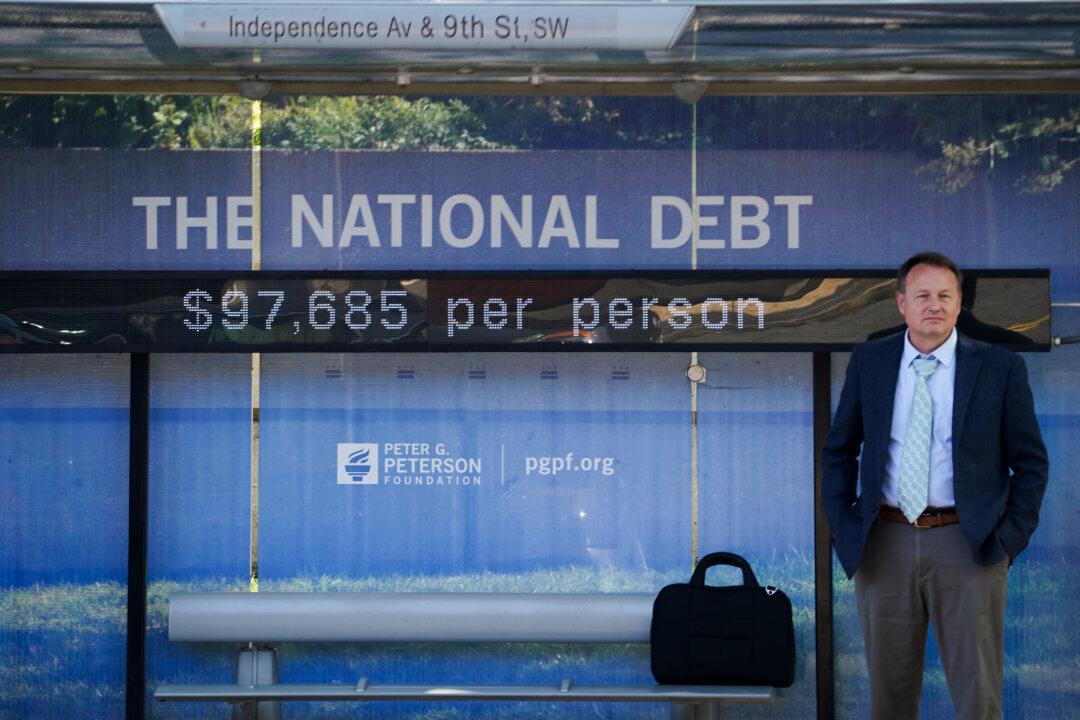Commentary
The statistics on real household income—a rather impactful data set—come out only once per year. That’s regrettable but also meaningful because they incorporate how inflation affects our lives. They just appeared concerning 2022, and perhaps you won’t be surprised.





